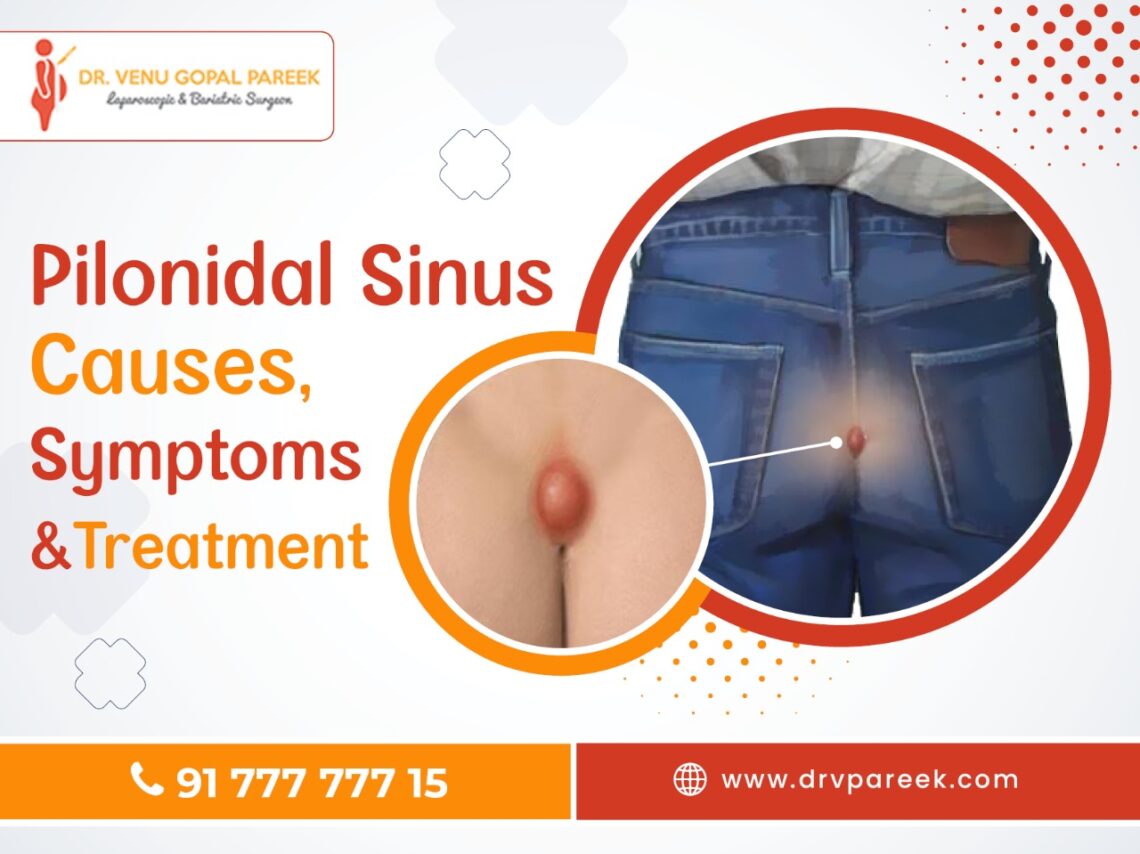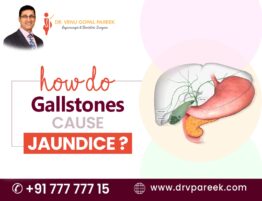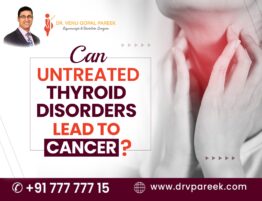
A pilonidal sinus, often called a pilonidal abscess , is a fluid-filled sac that is formed under the skin in the perianal region (lower back), close to the buttocks’ fold. Some of them are invisible, whereas others will appear like a tiny pit or dent in the skin. A pilonidal sinus typically affects obese people and those with excessive hair, dirt, and debris in their perianal region.
As long as they don’t get infected, they’re not a problem or need to be treated. The term “pilonidal abscess” refers to an infected pilonidal cyst. The infected cyst causes severe pain, oozes pus and blood, along with a bad smell. You may suffer severe health problems if it’s left untreated.
In most cases, pilonidal cysts occur as a result of skin puncturing by hair follicles and embedding in them. Surgical removal or drainage of the cyst may be done by making a small incision. Pilonidal cysts are more common in young men and tend to recur frequently. The risk of developing this condition increases in people who spend a lot of time sitting.
Dr. Venugopal Pareek, Consultant Advanced Laparoscopic & Bariatric Surgeon at Care Hospitals, provided some insights on the causes of pilonidal sinus and different treatment options to cure the condition. Early diagnosis and treatment can prevent this condition from becoming severe with. Any time you experience such conditions or need advice on weight loss surgery, consult Dr. Pareek and get the best solution for your health problems.
Symptoms of pilonidal sinus
Initially, you might not notice anything more than a tiny hole on your top layer of skin that looks like a dimple. However, if the hole gets infected, it will swiftly turn into an abscess (a tissue that is swollen, inflamed, and where the pus accumulates) or a cyst (a closed, fluid-filled sac). Consult an expert doctor if you are experiencing any of the following symptoms.
- Pain is often worsened by sitting.
- You will have swelling between your buttocks.
- The affected region may be tender and red.
- Drainage of pus or blood from the abscess.
- Foul odour
- The lesion has a few hairs poking out.
- Nausea, fever, and fatigue.
Causes of pilonidal sinus
While the exact cause is unknown, it is believed that it could be caused due to a combination of hormonal changes (as it typically occurs after puberty), hair growth in the perineal area, trapped loose hair and dead skin cells under the skin, friction induced by tight clothing and sitting for a longer time.
Sitting or bending causes the skin around our tailbones to stretch. Hairs can break off as a result. These damaged hairs and dead cells may be forced underneath the skin while a person moves. This might lead to pilonidal sinus. Usually, our immune system responds to a splinter when it comes into contact with a foreign object. In this case, the immune system treats this broken hair and dead skin cells as foreign objects. In response, the body forms fluid-filled cysts around them. Some people might even have multiple sinuses that are connected under the skin.
Who gets pilonidal sinus?
Pilonidal sinuses can happen to anyone, but young men are more likely to develop them.
The following factors can increase the risk of developing a pilonidal cyst:
- People who have a dimple or hole in the tailbone area by birth
- spending more time sitting
- People who are obese or overweight
- Having more body hair, particularly thick or coarse hair
- Wearing tight clothes that pressurise tailbone area
- People in your family with pilonidal cysts put you at risk.
Treatment for pilonidal sinuses
Cysts that don’t cause any symptoms or discomfort might not require treatment. According to its severity, this condition will require specific treatment.
Conservative treatment
When the condition is diagnosed in its early stages, and if there is no pain or inflammation, it can be treated with antibiotics. Antibiotics may not heal the sinus tract, but they can help in preventing infection. Warm compresses and sitz baths can help manage mild infections at home. The area must be cleaned regularly, and hair must be removed at follow-up visits. Ensure that hygiene is a priority.
Lancing
This technique involves opening the abscess with a scalpel to drain the pus and blood and removing any hair or other waste that may have become trapped inside the abscess. After that, the wound is allowed to heal from within. Generally, the wound heals within a few weeks without any further treatment.
Phenol injection
When you are under local anaesthesia, your doctor will inject an antiseptic chemical compound called phenol into the cyst. The procedure will be repeated several times. Eventually, the lesion becomes hardened and closed. The drawback of this procedure is that it has a high recurrence rate.
Surgery
A surgical procedure is recommended if there is a recurrent pilonidal sinus or if there is more than one sinus tract. When you are under spinal anaesthesia, the surgeon cuts open the sinus tract to drain the pus, blood and removes the trapped hair and debris. Stitches are applied, and the wound is allowed to heal after this process.
Laser therapy
The Laser Pilonidotomy procedure is very effective at destroying a pilonidal cyst. There are fewer complications with a higher success rate and patient satisfaction. The sinus is removed in this procedure, and stitches are not required to heal the wound. First, the sinus is cleaned thoroughly, and then the tract is destroyed by sending a laser beam into the sinus using a radial laser fibre that does not leave a large wound or require skin grafting.
You do not need to live with a pilonidal sinus that causes discomfort. Consult Dr. V Pareek, one of the best doctors for treating pilonidal cysts in Hyderabad. He is a renowned laparoscopic and bariatric surgeon in Hyderabad. For treatment, call +91 91-777-77715 and book an appointment right away.







